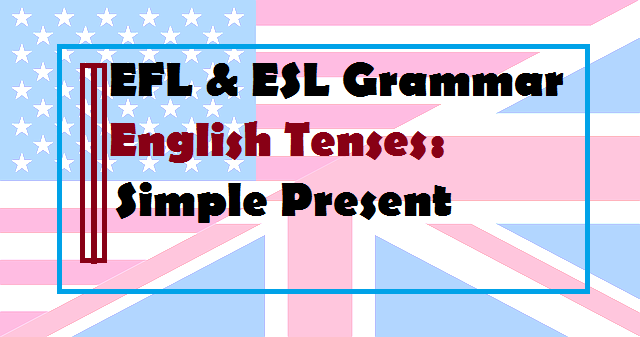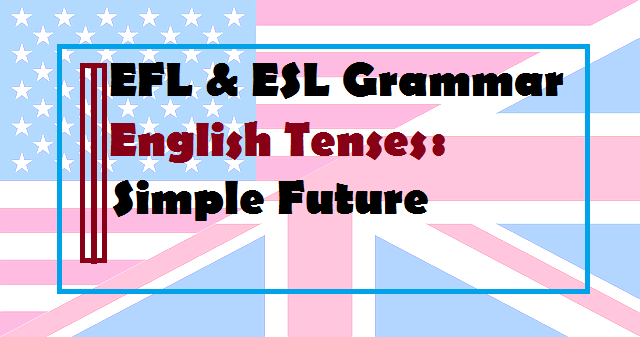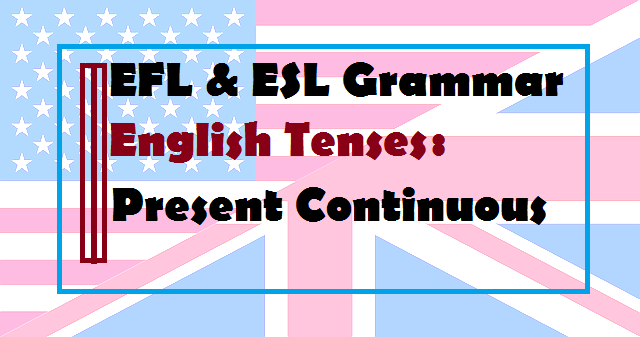EFL/ESL Grammar: English tenses
The use of future perfect continuous tense in English
The future perfect continuous or (progressive) is a tense that can be used to describe actions that will start in the future and continue before a certain point of time (in the future).

The grammatical structure of the future perfect continuous tense
| Subject + will have + been +verb (ing). |
The future perfect continuous is used with these time expressions:
- This time next week/Wednesday, year, etc.
- By 2020/2050/ five O’clock/this time evening, etc.
- Before Monday/June/2020, etc.
- In ten years time, in two months time, etc.
Examples:
- The student will have been studying before evening.
- All of my students will have been doing their projects before June.
- Officials in the government will have been working hard before 2022.
Forms of the future perfect continuous tense
The affirmative form of future perfect continuous |
| I will have been studying You will have been studying He will have been studying She will have been studying We will have been studying You will have been studying They will have been studying |
The negative form of future perfect continuous |
| I will not have been studying You will not have been studying He will not have been studying She will not have been studying We will not have been studying You will not have been studying They will not have been studying |
The interrogative form of future perfect continuous |
| Will I have been studying? Will you have been studying? Will he have been studying? Will she have been studying? Will we have been studying? Will you have been studying? Will they have been studying? |
Examples of future perfect continuous
- I will have been waiting here for five hours by seven o’clock.
- By 2055, I will have been living in Florida for ten years.
- When I finish this module, I will have been learning English for two weeks.
- Next year, I will have been working here for five years.
- Will they have been studying English before six o’clock?
Quiz
Check your understanding here ...








